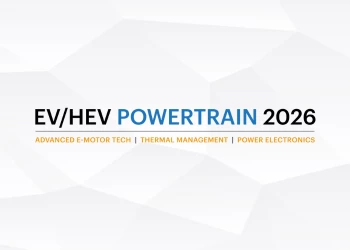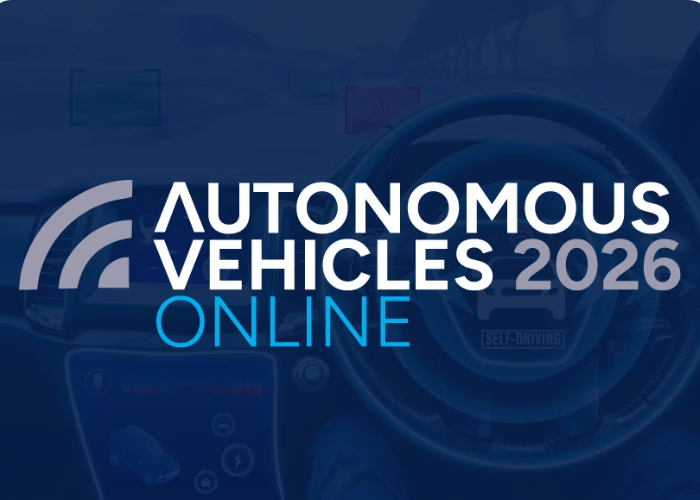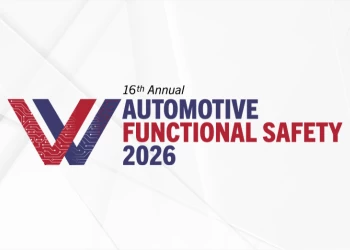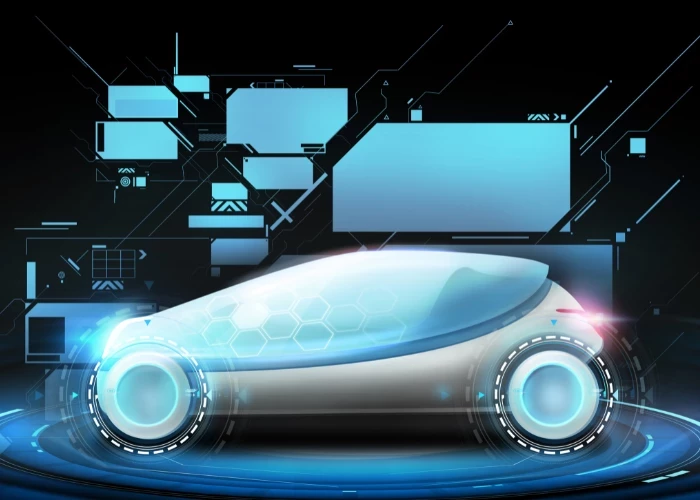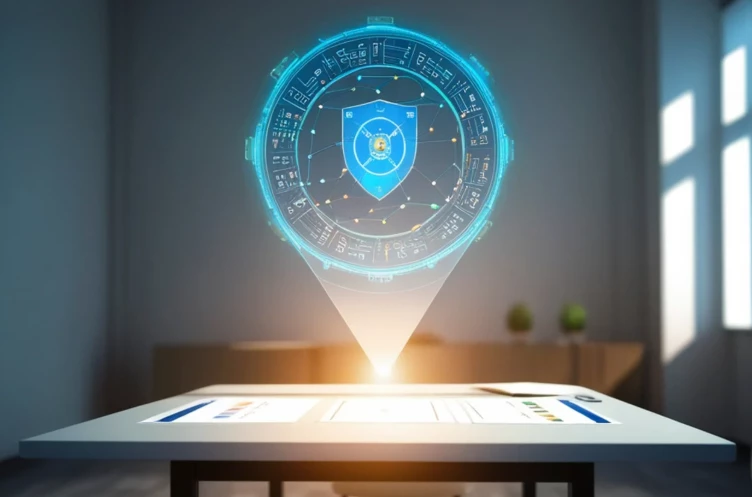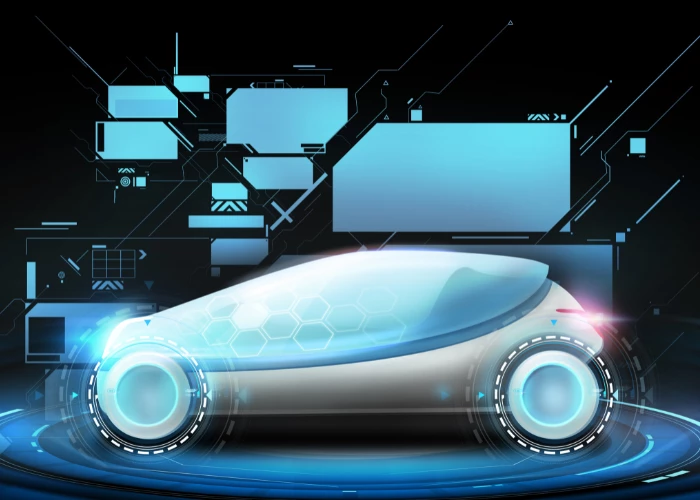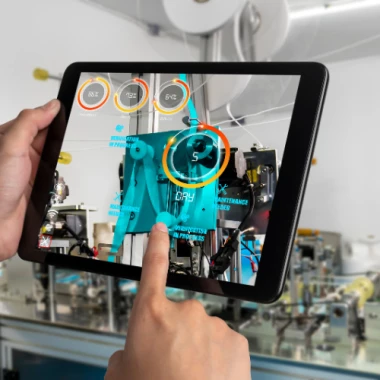Top five automotive and aircraft industry partnerships
Add bookmark
Convergence between the automotive and aircraft industries has long been in evidence.
However, up to now this has largely been from an interior design or product tie-up point of view, with the likes of BMW’s Designworks studio or Peugeot Design often experimenting with aviation projects.
But with the future of the automotive industry now firmly pivoting towards CASE vehicles, there’s scope to jump further ahead. And for many OEMs that means taking a more meaningful interest in aircraft as a way of augmenting the personal mobility solutions of the future.
Here’s a run-down of a couple of carmaker-aviation investments:
#1 Daimler, Geely and Volocopter
Founded: 2011
Daimler investment: €25m
Geely investment: c.€23m
Aircraft: VoloCity
Seats: 2
Rotors: 18
Range: 35km
Top speed: 110kmh
Batteries: 9 li-ion, swappable in five minutes
Germany’s Volocopter counts not one but two automotive giants as investors, with Daimler joining in 2017, and Geely in 2019. The VoloCity has been testing in Dubai as part of a five-year plan run in partnership with local authorities, and has also flown in Singapore, Finland and Germany.
The aircraft currently has to be flown by a pilot, but has autonomous functions built in. A commercial version, the VoloDrone, has also been developed. This can carry a 200kg load, and was shown in late 2019 with a crop sprayer system designed in collaboration with tractor maker John Deere.
#2 Geely and Terrafugia
Founded: 2006, acquired by Geely in 2017
Aircraft: Transition (PHEV TF-X coming in 2025)
Seats: 2
Range: 787km flying, 1296km driving
Top speed: 172kmh
Powertrain: 100hp gasoline engine
Geely’s investment in Volocopter isn’t its first in the personal aircraft space. In 2017, the firm wholly acquired US-based flying car firm Terrafugia. The firm was set up by MIT alumni, and they have been test flying the Transition since 2009.
However, while this is powered by a traditional gasoline engine, the firm is also working in the TF-X, a PHEV VTOL aircraft which is due to take to the sky by 2025. According to Terrafugia, this will have seating for four, and will be powered by two electric motors and a gasoline engine, giving a range of 800km and a cruising speed of 322kmh.
#3 Hyundai and Uber
Founded: 2016
Aircraft: S-A1
Seats: 5
Range: 100km
Top speed: 290kmh
Charging time: 5-7 minutes
One of the big stories from CES 2020, Hyundai announced that it will build the air taxis for Uber’s mission to bring personal airborne mobility to the masses. In return, Uber will provide the support services, connections to ground transportation, and the customer interface. Uber has stated that it plans to begin a passenger service in 2023.
The partnership is one of many struck by Uber Elevate, the firm’s flight-centric business. Others include aircraft manufacturers Bell, Boeing and Embraer, plus Joby Aviation amongst others, but Hyundai is the first automaker to partner with the plan.
#4 Toyota and Joby Aviation

Founded: 2009
Aircraft: As-yet unnamed eVTOL
Toyota investment: $394m
Seats: 5
Rotors: 6
Range: 240km
Top speed: 322kmh
The $394m figure that Toyota has invested in Joby is actually its second cash injection in the California-based firm, having also participated in an earlier funding round in 2018. Toyota is now an official manufacturing partner for Joby, bringing its expertise in cost and quality control to the party.
As part of the investment, Toyota Motor Corporation executive vice president Shigeki Tomoyama gets a seat on Joby's board of directors and will also have a say in the strategic direction of the firm as it gears up to mass-produce its eVTOL aircraft.
#5 Aston Martin and Rolls-Royce Aviation (and Airbus)
Aircraft: Volante Vision Concept
Seats: 3
Rotors: 6
Motors: Rolls-Royce Hybrid-Electric
Top speed: 460kmh
In addition to dabbling in boats, alongside its famed sportscar and now SUV lineup, Aston Martin revealed the Volante Vision Concept at the 2018 Farnborough Airshow in the UK. Although very much billed as a near-future showpiece, work on the aircraft is being advanced thanks to a partnership with Rolls-Royce, which will provide its hybrid-electric motors, and Cranfield Aerospace Solutions and Cranfield University, which are developing an air-worthy prototype.
Aston Martin is certainly looking skyward with a further partnership with Airbus. The firms jointly announced the launch of the Airbus ACH130 Aston Martin helicopter at the start of 2020, complete with a choice of four Aston Martin-designed luxury interior options.
Other partnerships of note
Audi and Airbus
The two firms proudly announced a partnership back in 2018 to develop the Pop Up Next, a drone and car combo. It was debuted as a quarter-scale working prototype in Amsterdam, with Audi board member for sourcing and IT, Dr. Bernd Martens, saying “Flying taxis are on the way. We at Audi are convinced of that.”
Fast forward a year and Audi has become rather less convinced, calling time on the partnership. However, Airbus is continuing to work on its own eVTOL craft, the CityAirbus, which has seating for four, can travel at up to 120kmh and features an eight-motor, eight rotor setup, powered by a 110kWh battery.
Porsche and Boeing
Both signed a memorandum of understanding in 2019 that will see Porsche and Boeing engineers come together to design and develop a fully electric VTOL aircraft. The move is part of Porsche’s plan to become a provider of premium mobility solutions, rather than just cars.
The partnership with Boeing also includes a tie-up with the Seattle firm’s subsidiary, Aurora Flight Sciences, which was acquired in 2017. The latter firm has been developing unmanned aircraft since 1989 and has designed over 30 such aircraft in that time.

